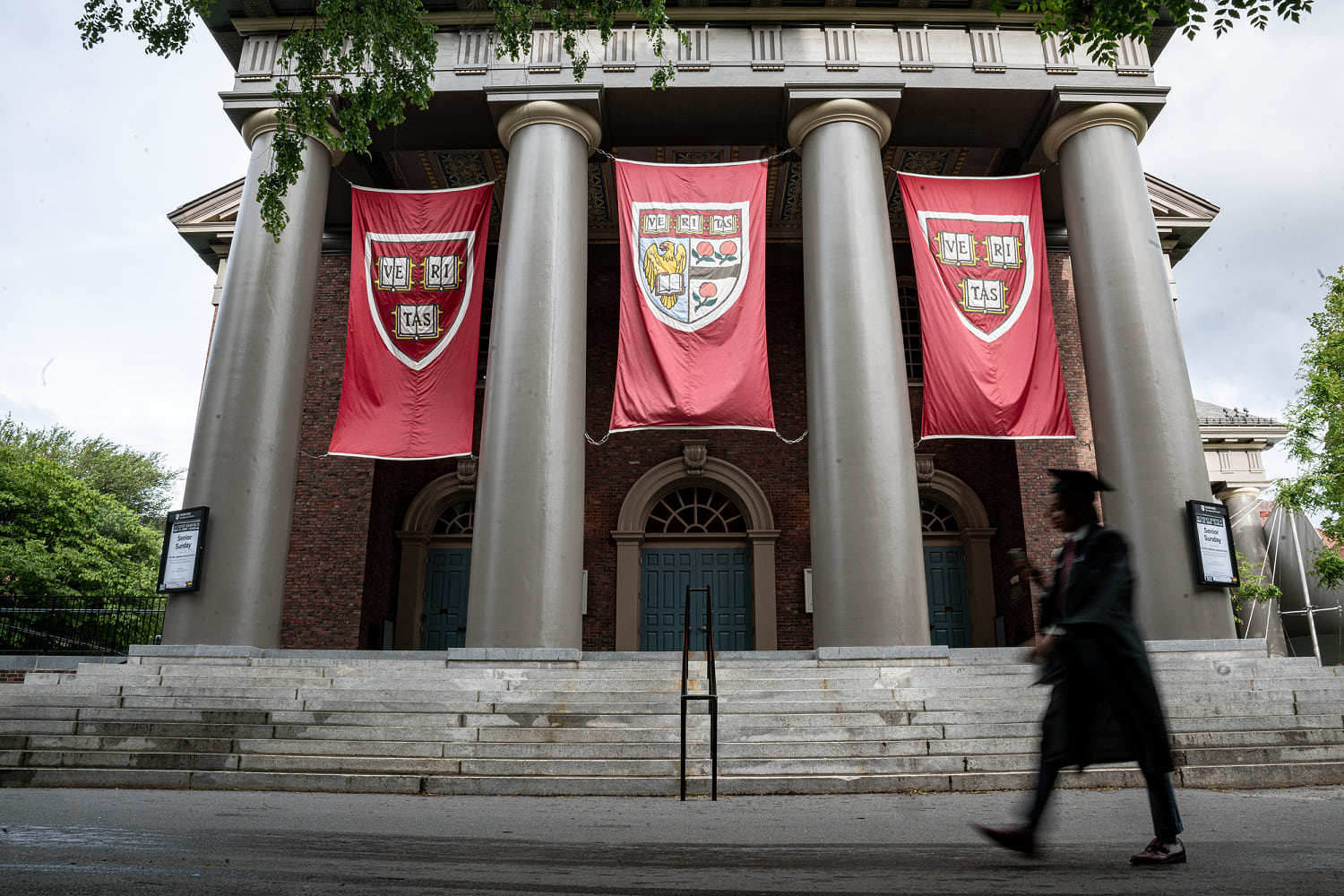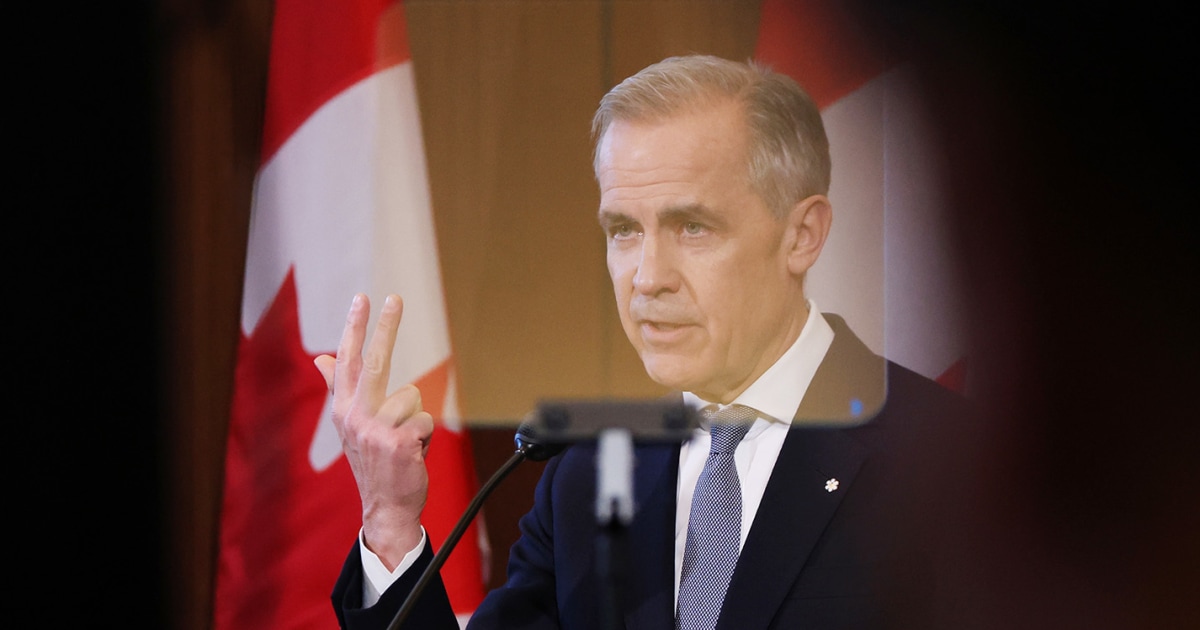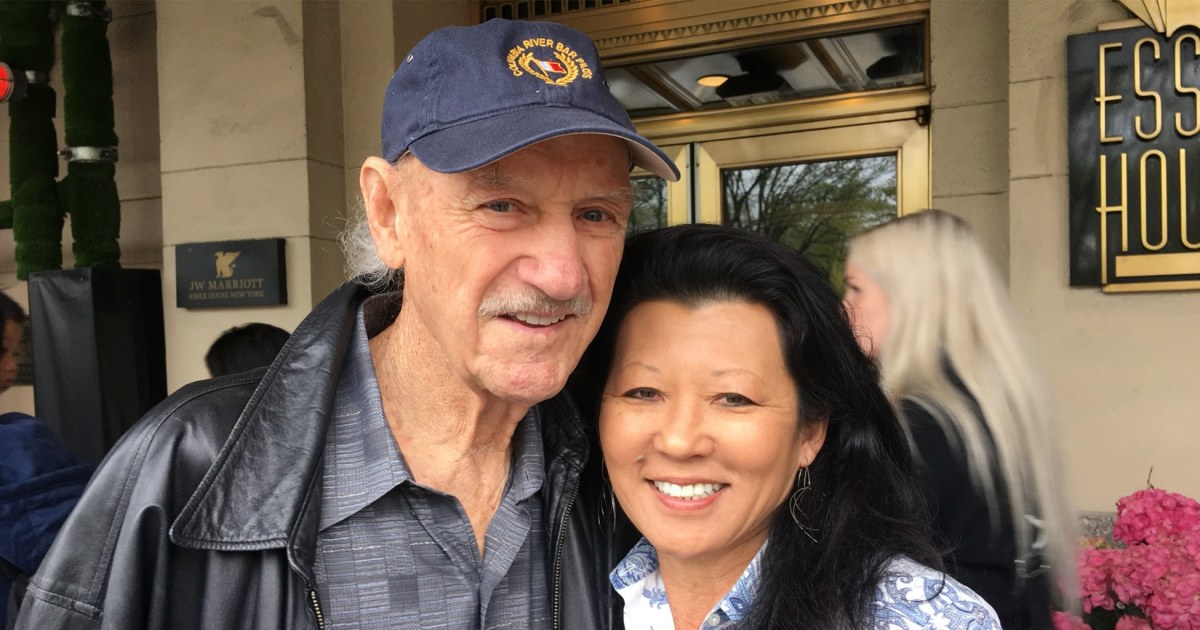
A federal judge on Thursday temporarily blocked President Donald Trump’s efforts to block visas for foreign students planning to attend Harvard, after the Ivy League college filed a legal challenge.
U.S. District Court Judge Allison D. Burroughs granted a temporary restraining order that enjoins anyone from “implementing, instituting, maintaining, enforcing, or giving force or effect to the Presidential Proclamation” that Trump issued Wednesday.
Harvard had earlier Thursday amended its complaint against the Trump administration to challenge Trump’s proclamation that the president issued the day before.
It would have denied visas to foreign students who planned to enter the United States to study at Harvard, in his latest attack on the prominent university.
Harvard President Alan M. Garber said Trump and his administration were retaliating against Harvard because it has refused the administration’s demands, which included auditing viewpoints of the student body.
“Singling out our institution for its enrollment of international students and its collaboration with other educational institutions around the world is yet another illegal step taken by the Administration to retaliate against Harvard,” Garber said in a letter to the campus community.
Trump’s Wednesday proclamation targeting Harvard followed an attempt by the Department of Homeland Security late last month to limit Harvard’s ability to enroll foreign students by revoking its certification in the Student and Exchange Visitor Program, which was temporarily blocked by Burroughs.
Burroughs on Thursday also extended the restraining order in that matter until June 20, or until a preliminary injunction order can be issued.
In granting the restraining order blocking implementation of Trump’s proclamation and the DHS effort, Burroughs wrote that she was acting “to preserve the status quo pending a hearing.”
Trump’s proclamation would not affect only incoming students. It says the State Department will review existing foreign students at Harvard under F, M or J visas to determine whether their visas should be revoked.
Harvard said in its amended complaint that Wednesday’s proclamation, as well as the previous attempt by the Department of Homeland Security to revoke its ability to enroll foreign students, violates its First Amendment rights.
“Each is part of a concerted and escalating campaign of retaliation by the government in clear retribution for Harvard’s exercising its First Amendment rights to reject the government’s demands to control Harvard’s governance, curriculum, and the ‘ideology’ of its faculty and students,” the amended complaint reads.
“The government’s actions, moreover, have no basis in law,” it reads.
Harvard’s amended complaint argues that the immigration law Trump’s proclamation cites allows the president to prohibit “a class of aliens whose entry would be ‘detrimental to the interests of the United States'” — and that Trump’s proclamation does not suspend entry for a class, just people who want to attend Harvard.
“The President’s actions thus are not undertaken to protect the ‘interests of the United States,’ but instead to pursue a government vendetta against Harvard,” it argues.
Trump and his administration have targeted Harvard and claimed that it has not done enough to combat antisemitism on campus during demonstrations against the Israel-Hamas war.
Harvard in April rejected Trump administration demands that included auditing viewpoints of the student body. In response, the federal government said it was freezing more than $2 billion in federal grants.
Garber wrote in Thursday’s letter that Harvard will defend its international students.
The university said in the amended complaint that the attempts to target international students harms all of its students, because Harvard “prepares them to contribute to and lead in our global society.”
“International students and scholars make outstanding contributions inside and outside of our classrooms and laboratories, fulfilling our mission of excellence in countless ways,” Garber wrote. “We will celebrate them, support them, and defend their interests as we continue to assert our Constitutional rights.”








